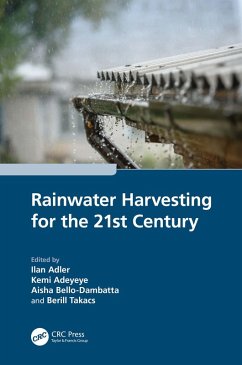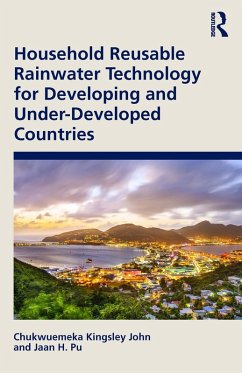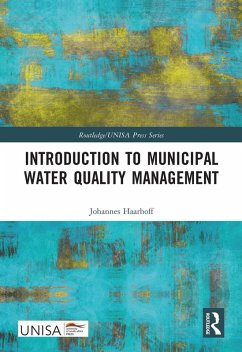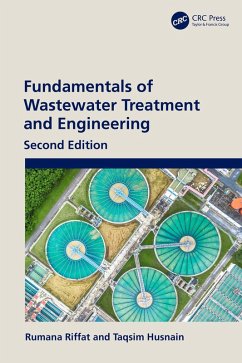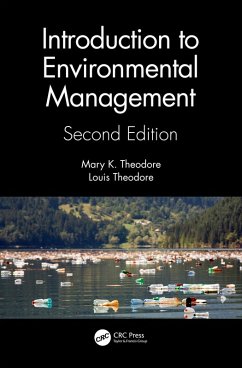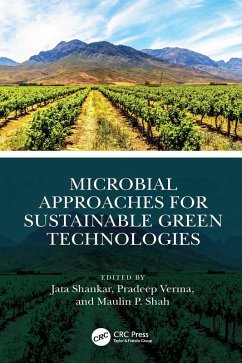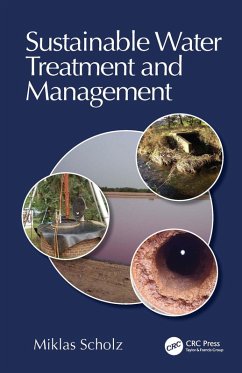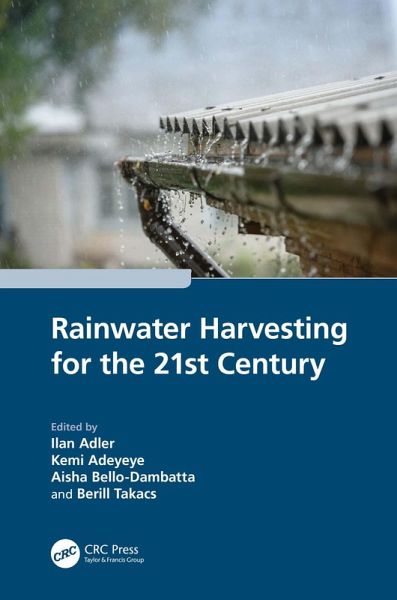
Rainwater Harvesting for the 21st Century (eBook, ePUB)
Versandkostenfrei!
Sofort per Download lieferbar
52,95 €
inkl. MwSt.
Weitere Ausgaben:

PAYBACK Punkte
26 °P sammeln!
Access to water in many parts of the world is increasingly challenging due to scarcity, quality issues and lack of access to adequate supply infrastructure. Currently, over 2 billion people around the world experience high water stress, and about 4 billion people experience severe water scarcity for at least one month on an annual basis. Rainwater harvesting (RWH) is increasingly seen as both an excellent alternative source of water and a valuable climate change adaptation measure. However, large-scale adoption remains challenging in many parts of the globe. This book, Rainwater Harvesting for...
Access to water in many parts of the world is increasingly challenging due to scarcity, quality issues and lack of access to adequate supply infrastructure. Currently, over 2 billion people around the world experience high water stress, and about 4 billion people experience severe water scarcity for at least one month on an annual basis. Rainwater harvesting (RWH) is increasingly seen as both an excellent alternative source of water and a valuable climate change adaptation measure. However, large-scale adoption remains challenging in many parts of the globe. This book, Rainwater Harvesting for the 21st Century, serves as a rigorous yet practical guide for a broad audience interested in the many opportunities that RWH systems can provide, including water and food security, flood management and climate change adaptation. It comprehensively covers the state of the art in RWH with practical examples of cutting-edge research and innovation in the design, operation and maintenance of RHW systems from both academics and practitioners. Highlights include:
- A comprehensive, transdisciplinary perspective of the latest advances in RWH techniques.
- Examples and case studies from around the world.
Dieser Download kann aus rechtlichen Gründen nur mit Rechnungsadresse in A, B, BG, CY, CZ, D, DK, EW, E, FIN, F, GR, HR, H, IRL, I, LT, L, LR, M, NL, PL, P, R, S, SLO, SK ausgeliefert werden.




